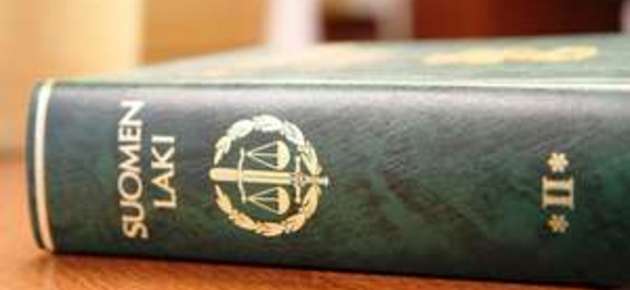Dissertation: Group subsidy as a part of the taxation of business income


The taxation of business and capital income in Finland was reformed in 2004. In that context the group subsidy according the law, given to a group company, was prescribed as non-deductible in the taxation of business income. Prior to this group subsidy given to a subsidiary company was according to legal praxis on certain conditions seen as a tax deductible in the taxation of business income.
- When enacting on the non-deductibility of group subsidies it was referred in the government bill to prior legal praxis. thought without individualizing it further. Both the given regulation and its preambles are open to various interpretations. The similar problem also occurred in the definition of the previous legal standings, while lacking a clear regulation, Hellberg explains.
Before the tax-deductibility of group subsidy was limited in the taxation of business income, importance was given to the relation between group of companies as a matter that expanded the taxdeductibility for expenses in the legal praxis and in the legislation. As examples from the legislation can be mentioned the former regulation on holding companies, the special legislation and the law on group contribution, that is still in force, and according to which losses of group of companies can be covered by a tax deductible group contribution given between the group of companies. The group contribution does not prerequisite economic basis, on the contrary to the group subsidy according to prior legal praxis.
The present regulation on the non-deductibility of group subsidy differs from the principle mentioned. The non-deductibility of group subsidy has been motivated by the exemption from taxes concerning the transfer of fixed assets stock, comparing the given group subsidy to an instalment belonging to the acquisition cost of the stocks. In this context no attention has been given to the economic basis in the business between the group of companies, which has been considered in the legal praxis. Thereto in the legislation no attention has expressly been given to the question, whether group subsidy is a taxable income for the recipient when it is a non-deductible expense for the donor in the taxation.
The public examination of Nils Hellberg´s doctoral dissertation “Konsernituki osana elinkeinotulon verotusta" will be on Friday 1 November at 12 o’clock in Auditorium Kurtén (Tervahovi). The field of dissertation is business law. Professor Esko Linnakangas from the University of Helsinki will act as an opponent and professor emeritus Asko Lehtonen as a custos.